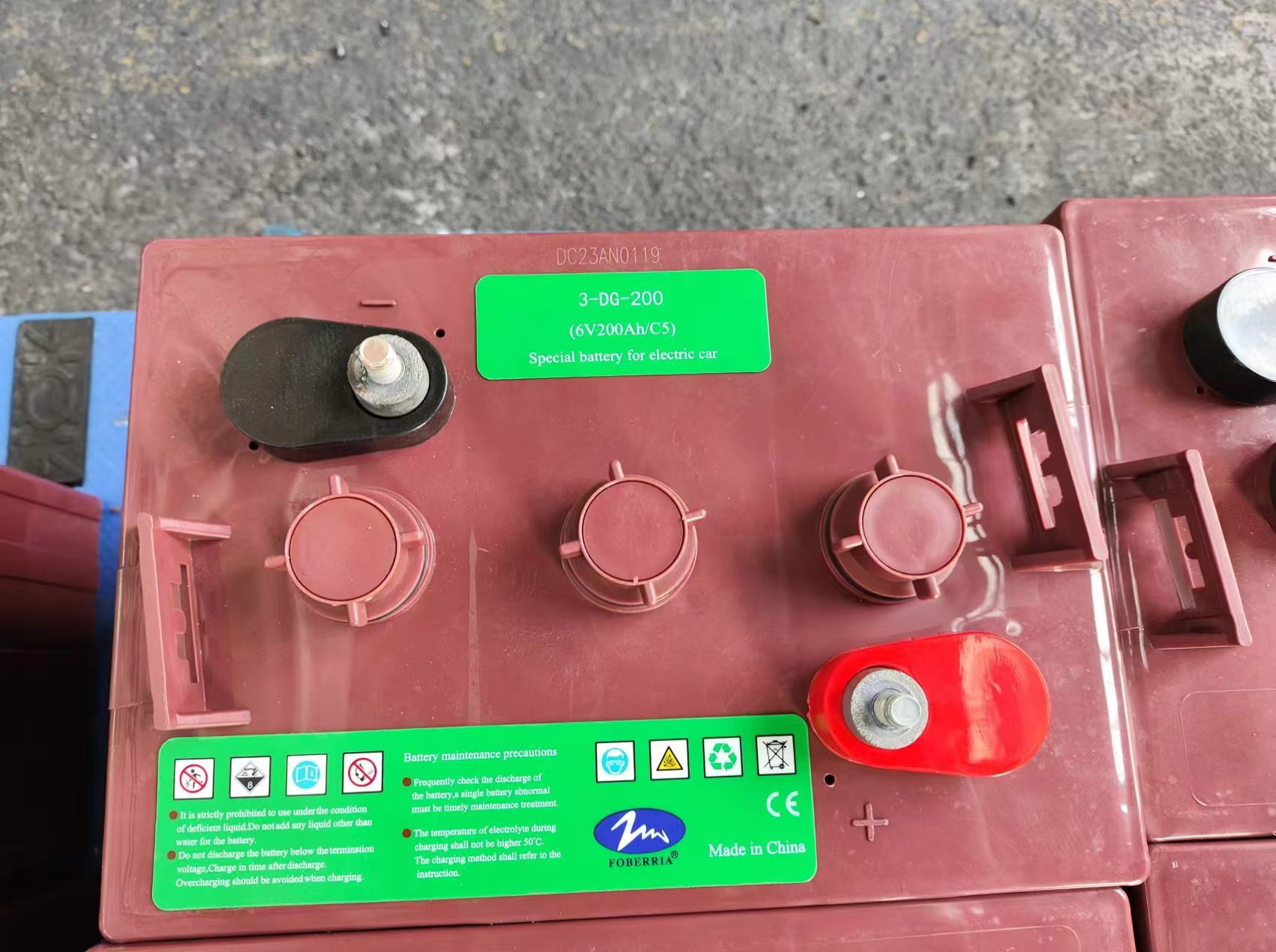
Golf carts are a common sight on golf courses, resorts, and in some residential communities. These vehicles require a reliable power source to operate efficiently, and the choice of battery is crucial for their performance and longevity. With the market offering both lead-acid and lithium batteries, making the right selection can significantly impact the cost, maintenance, and usability of golf carts. This article aims to provide a comprehensive guide to help you understand the differences between lead-acid and lithium batteries, ensuring you make an informed decision for your golf cart.
Understanding Golf Cart Batteries
Golf cart batteries are the heart of the vehicle, determining its range, speed, and overall performance. The two primary types of batteries used in golf carts are lead-acid and lithium. Each type has its unique set of characteristics, advantages, and disadvantages, making them suitable for different needs and preferences.
How golf cart batteries work
Golf cart batteries work by converting stored chemical energy into electrical energy. This energy powers the electric motor, which drives the cart. The efficiency and effectiveness of this energy conversion depend on the type of battery used.
Types of batteries used in golf carts
Lead-acid batteries have been the traditional choice for golf carts. They are known for their reliability and cost-effectiveness. On the other hand, lithium batteries are a newer option, gaining popularity due to their superior performance and longevity. Understanding the basic functioning and differences between these batteries is crucial for making an informed choice.
Factors to consider when choosing a battery
When selecting a battery for your golf cart, several factors need to be considered, including the battery’s lifespan, maintenance requirements, cost, and environmental impact. Each of these factors plays a significant role in determining the overall value and suitability of the battery for your specific needs.
Lead-Acid Batteries: Pros and Cons
Lead-acid batteries have been the go-to choice for golf carts for many years. Their popularity stems from their proven track record and the familiarity of most users with their characteristics.
Advantages of lead-acid batteries
One of the most significant advantages of lead-acid batteries is their lower initial cost compared to lithium batteries. They are also widely available and easy to replace. Lead-acid batteries are known for their robustness and ability to provide consistent power, making them a reliable choice for many golf cart users.
Disadvantages of lead-acid batteries
Despite their advantages, lead-acid batteries have several drawbacks. They are heavier than lithium batteries, which can affect the cart’s performance. Their lifespan is generally shorter, requiring more frequent replacements. Additionally, lead-acid batteries require regular maintenance, including checking water levels and cleaning terminals.
Maintenance and care for lead-acid batteries
Proper maintenance is crucial to extend the life of lead-acid batteries. This includes regular cleaning, checking for corrosion, and ensuring the electrolyte levels are adequate. Neglecting maintenance can lead to premature battery failure and increased costs over time.
Lithium Batteries: Pros and Cons
Lithium batteries are becoming increasingly popular in golf carts, offering several advantages over traditional lead-acid batteries.
Advantages of lithium batteries
Lithium batteries are known for their superior performance, including faster charging times and longer lifespan. They are significantly lighter than lead-acid batteries, which can enhance the golf cart’s speed and efficiency. Additionally, lithium batteries require minimal maintenance, making them a convenient choice for busy users.
Disadvantages of lithium batteries
However, lithium batteries come at a higher cost, which can be a significant investment upfront. They are also less tolerant of extreme temperatures, which can affect their performance in certain conditions. Moreover, the technology is still relatively new, and there may be fewer replacement options available.
How to maximize the lifespan of lithium batteries
To get the most out of your lithium battery, it’s essential to follow proper charging practices and avoid deep discharges. Keeping the battery within its optimal temperature range and using a compatible charger can also help in maximizing its lifespan.
Key Considerations When Choosing a Battery
When deciding between lead-acid and lithium batteries for your golf cart, several key considerations come into play. Each factor can significantly impact your choice and the overall performance of your golf cart.
Cost and budget considerations
Initial cost is often a primary concern for many users. While lead-acid batteries are cheaper upfront, lithium batteries offer longer-term savings due to their extended lifespan and lower maintenance costs. It’s essential to consider both the initial investment and the long-term costs when making a decision.
Performance and efficiency
Lithium batteries generally outperform lead-acid batteries in terms of efficiency, speed, and charging time. However, for users who require a more robust and reliable power source, lead-acid batteries may still be a viable option.
Environmental impact
Both types of batteries have environmental considerations. Lead-acid batteries contain toxic materials and require proper disposal. Lithium batteries, while more environmentally friendly in terms of usage, also pose disposal challenges. Considering the environmental impact of each battery type is crucial for environmentally conscious consumers.
Compatibility with golf cart models
Compatibility is another critical factor. Not all golf carts are designed to accommodate lithium batteries, and retrofitting them can be costly. It’s essential to ensure that the chosen battery type is compatible with your golf cart model to avoid any additional expenses or performance issues.
Conclusion
Choosing the right battery for your golf cart is a decision that requires careful consideration of various factors, including cost, performance, maintenance, and compatibility. While lead-acid batteries remain a popular choice due to their lower initial cost and familiarity, lithium batteries are gaining traction for their superior performance and longer lifespan.
Ultimately, the best choice depends on your specific needs, budget, and how you plan to use your golf cart. By weighing the pros and cons of each battery type and considering key factors, you can make an informed decision that will enhance your golf cart experience and ensure reliable performance for years to come.












